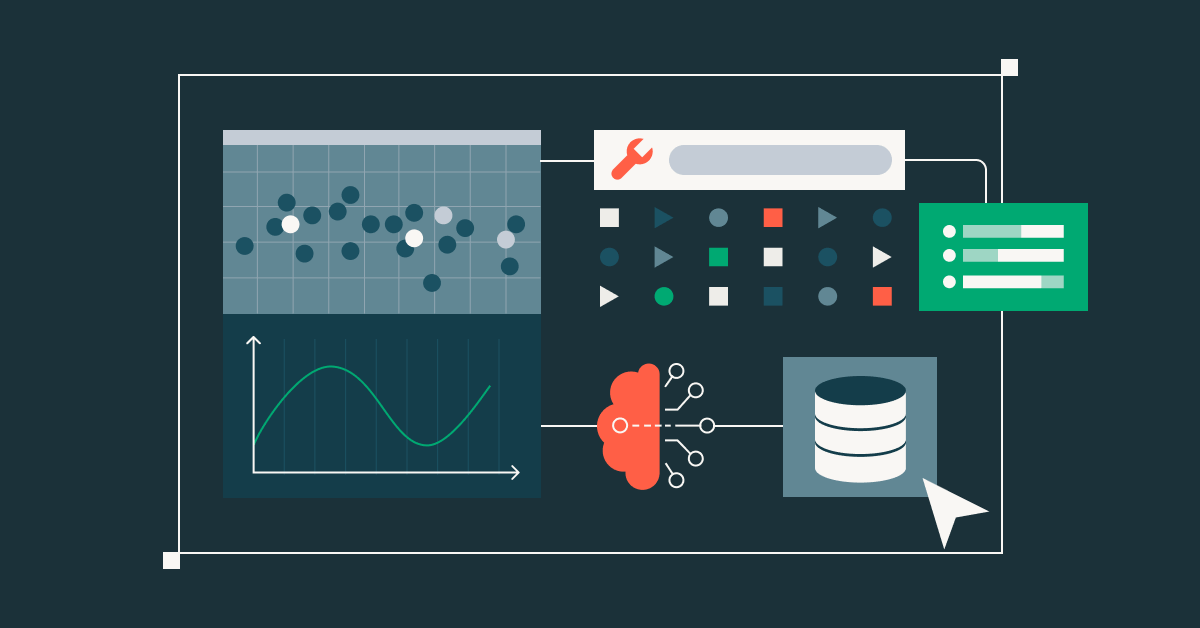What are Acid Transactions?
Transaction properties ensuring Atomicity, Consistency, Isolation, and Durability to guarantee data integrity through reliable execution and persistence

Summary
- Atomicity ensures transactions complete fully or not at all with automatic rollback on failures, preventing partial updates that could corrupt data integrity in multi-step operations like fund transfers or inventory updates
- Consistency maintains database validity by enforcing constraints, triggers, and cascades, ensuring all transactions transition the database from one valid state to another according to defined business rules
- Isolation prevents concurrent transactions from interfering through locking mechanisms and isolation levels (Read Uncommitted, Read Committed, Repeatable Read, Serializable), while Durability guarantees committed changes persist through system failures via write-ahead logging
What is a transaction?
In the context of databases and data storage systems, a transaction is any operation that is treated as a single unit of work, which either completes fully or does not complete at all, and leaves the storage system in a consistent state. The classic example of a transaction is what occurs when you withdraw money from your bank account. Either the money has left your bank account, or it has not — there cannot be an in-between state.

A.C.I.D. properties: Atomicity, Consistency, Isolation, and Durability
ACID is an acronym that refers to the set of 4 key properties that define a transaction: Atomicity, Consistency, Isolation, and Durability. If a database operation has these ACID properties, it can be called an ACID transaction, and data storage systems that apply these operations are called transactional systems. ACID transactions guarantee that each read, write, or modification of a table has the following properties:
- Atomicity - each statement in a transaction (to read, write, update or delete data) is treated as a single unit. Either the entire statement is executed, or none of it is executed. This property prevents data loss and corruption from occurring if, for example, if your streaming data source fails mid-stream.
- Consistency - ensures that transactions only make changes to tables in predefined, predictable ways. Transactional consistency ensures that corruption or errors in your data do not create unintended consequences for the integrity of your table.
- Isolation - when multiple users are reading and writing from the same table all at once, isolation of their transactions ensures that the concurrent transactions don't interfere with or affect one another. Each request can occur as though they were occurring one by one, even though they're actually occurring simultaneously.
- Durability - ensures that changes to your data made by successfully executed transactions will be saved, even in the event of system failure.
Gartner®: Databricks Cloud Database Leader
Why are ACID transactions a good thing to have?
ACID transactions ensure the highest possible data reliability and integrity. They ensure that your data never falls into an inconsistent state because of an operation that only partially completes. For example, without ACID transactions, if you were writing some data to a database table, but the power went out unexpectedly, it's possible that only some of your data would have been saved, while some of it would not. Now your database is in an inconsistent state that is very difficult and time-consuming to recover from.
Delta Lake: Reliable, consistent data with the guarantees of ACID transactions

ACID transactions have long been one of the most enviable properties of data warehouses, but Delta Lake has now brought them to data lakes. They allow users to see consistent views of their data even while new data is being written to the table in real-time, because each write is an isolated transaction that is recorded in an ordered transaction log. [Delta Lake employs the highest level of isolation possible (serializable isolation), ensuring that reads and writes to a single table are consistent and reliable.] By implementing ACID transactions, Delta Lake effectively solves for several of the previously listed criticisms of Lambda architecture: its complexity, incorrect views of data, and the rework and reprocessing needed after Lambda pipelines inevitably break. Users can perform multiple concurrent transactions on their data, and in the event of an error with a data source or a stream, Delta Lake cancels execution of the transaction to ensure that the data is kept clean and intact. The beauty of ACID transactions is that users can trust the data that is stored in Delta Lake. A data analyst making use of Delta Lake tables to perform ETL on his or her data to ready it for dashboarding can count on the fact that the KPIs he or she is seeing represent the actual state of the data. A machine learning engineer using Delta Lake tables to perform feature engineering can be 100% confident that all of his or her transformations and aggregations either executed exactly as intended, or didn't execute at all (in which case, he or she would be notified). The value of knowing that the mental model you have of your data is actually reflective of its true underlying state cannot be overstated.


